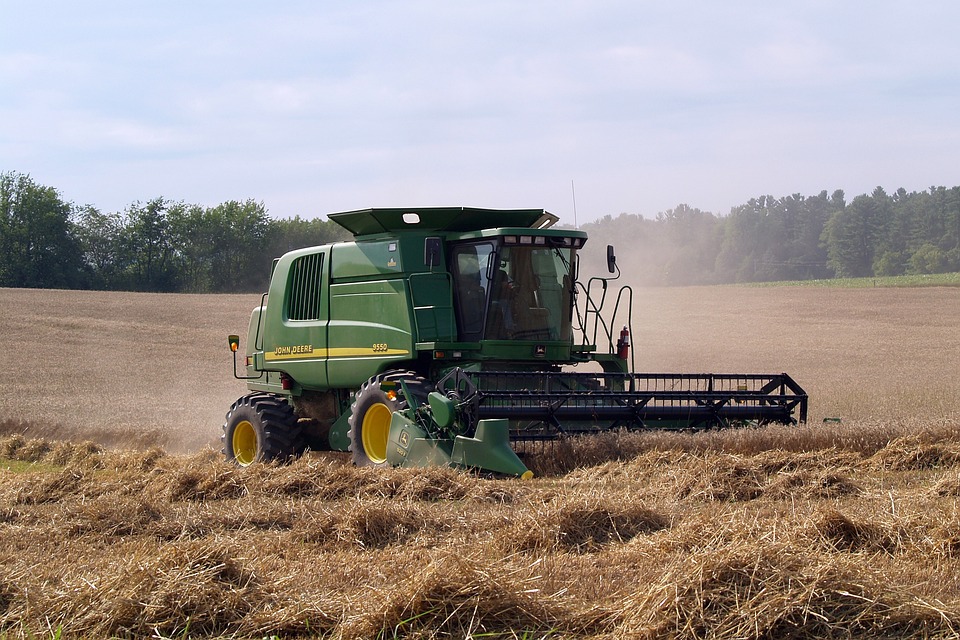A provisional report compiled by the Food Vision Tillage Group will be available online this week according to its chair, Matt Dempsey.
Speaking at the Teagasc Crops Forum, Dempsey said that the group will come forward with meaningful recommendations, focussed on the expansion of Ireland’s tillage sector.
He has warned however, that the government “must respond accordingly.”
The provisional report will contain a number of general recommendations including the introduction of bespoke tax incentives for the tillage sectors, adding value to Irish grains, and the effective promotion of Irish cereals.
There will also be a requirement for support schemes to better recognise the need for tillage farmers and contractors in securing access to the sophisticated technologies they need to drive efficiencies within their businesses.
The work of the Food Vision Tillage Group to date has highlighted the necessity for greater amounts of animal slurries and manures to be used within tillage farming systems.
According to Dempsey, this approach represents a win-win scenario for Irish agriculture – particularly in light of the recent decision by the European Commission in relation to the nitrates derogation.
Ireland’s current derogation is due to expire on January 1, 2026, and the limit is due to reduce to 220kg organic nitrogen per hectare (N/ha) on January 1, 2024 in certain areas, because the latest water quality results have not shown sufficient improvement.
Dempsey said: “We have arrived at a different stage in terms of the domestic support available for the Irish tillage sector.
“Given the recent news regarding the outworking of the nitrate regulations, now is the time for the tillage sector to articulate what it can expect and would like to see from government.”
He added: “There are two pressures, in my view, bearing down. We already know that tillage farming has a much lower carbon footprint than any other sector of Irish agriculture.
“So the rationale to increase the scope of the tillage industry makes total sense in this context alone.
“There is also a recognition that tillage land can do a lot with the organic matter and the nitrates from the nitrate derogation land.”
Although he said this has been highlighted before, the time may be right now.
“Never before have we remotely seen government interest in such a scheme and the need from a national view point for such a scheme,” Dempsey added.
